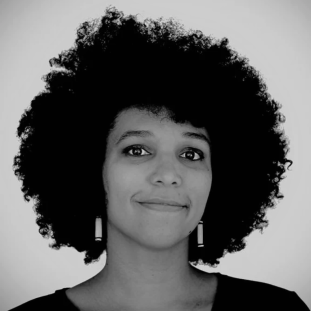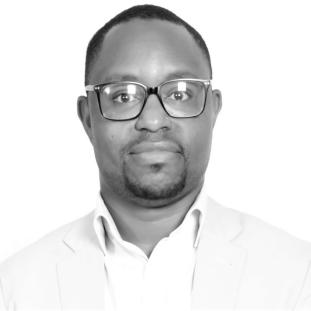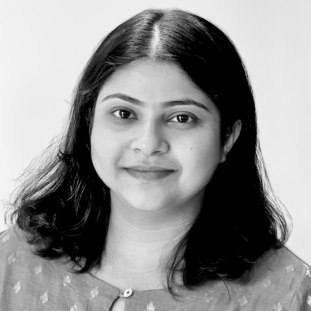Background and rationale
Over the course of the previous strategy, UNU-IIGH has built a significant body of work to advance the integration of rights-based and gender-responsive approaches to health systems and institutions, contributing to the overarching SDG of health for all. Leveraging its position in the Global South and as an interlocutor across multiple stakeholder groups, including government, research and the private sector, the Institute is well positioned to further deepen its footprint on advancing evidence to policy translation in this field.
A large body of evidence establishes the links between the unequal distribution of power— access to resources, knowledge, information, decision-making— and other intersecting social determinants of health such as gender, race and class, and the negative impacts on health and health systems.
Yet discrimination based on social determinants of health persists, both within and outside of the health system and is further exacerbated by concurrent and consecutive crises—economic, political, climate, etc. Rights-based and gender-responsive approaches to health services have been championed as the most effective way to tackle health inequities based on intersecting social determinants of health, and to deliver equitable, needs-based, safe health services. Yet, there has been limited practice-based evidence on the operationalisation of gender-responsive and rights-based approaches in health services.
In May 2016, the Member States in the World Health Assembly, unanimously adopted the WHO Framework on integrated people-centred health services. The Framework provides a vision for countries to move towards a system of universal healthcare that provides non-discriminatory high-quality healthcare to people and where the workforce involved in delivering these services is motivated, skilled, and supported to deliver that care. This Work Package derives its focus from the recognition of this two-fold obligation and the interconnectedness between providing quality care that recognises and responds to clients' needs with a healthy workforce that is respected, empowered, properly paid, and supported to deliver that care.
Building on UNU-IIGH’s extensive networks of partners, collaborators, and stakeholders, and leveraging the GHH platform, the Institute will focus and deepen its efforts in two areas: the integration of people-centred care through rights-based and gender-responsive provision of health services and information for women, girls, and structurally excluded groups; and, the promotion of enabling environments for women to thrive in the health workforce, through thought leadership and equitable, safe and supportive working environments.
Aim
The overarching aim of this work package is to improve the quality of health care through a human-centred approach and to use this as an entry point for health systems strengthening, ultimately improving health and wellbeing for all. The Work Package will build on existing opportunities and prior work of the institute that positions UNU-IIGH as a thought leader and convenor on key issues to advance gender equality and intersectional issues in health.
The thematic focus will be two-fold. First, ensuring the health system is responsive to the needs of structurally excluded individuals and communities and delivers optimal care to these individuals and communities with a focus on maternal, newborn and child health, family planning and immunisation. Secondly, on advancing a positive and enabling environment for the frontline health workforce—e.g., addressing the experience of gender-based violence.
The following objectives will contribute to achieving the aim and focus across the two broad areas of work with a particular focus on co-creating and collaborating with in-country multi-stakeholder partners:
• Co-create and generate knowledge through practice-based, policy-relevant evidence consolidation and analyses.
• Transfer knowledge and influence policy and practice through (i) bespoke data, knowledge products, and evidence, and (ii) strategic convenings and engagement with diverse stakeholders at multiple levels (e.g., global, regional, national).
• Foster a diverse network of stakeholders/ influencers/champions primarily based in the Global South to collectively advance priority actions and investments.
• Strengthen capacity for evidence-to-policy translation with a gender lens through a network of local expert institutions. Promote local decision-making by partnering with academic and professional health networks and regional training centres in the Global South.
Think Piece & Podcast Series
Projects
Project
Scoping and recommendations related to gender language, and documenting good practice in engaging civil society
Project
Gender and Health Hub
Project
Gender and Digital Health
Project
Gender Scan of UNDP HIV, TB and Malaria programmes funded by the Global Fund to Fight AIDS, TB and Malaria
Project
Update of WHO Gender Mainstreaming Manual
Project






